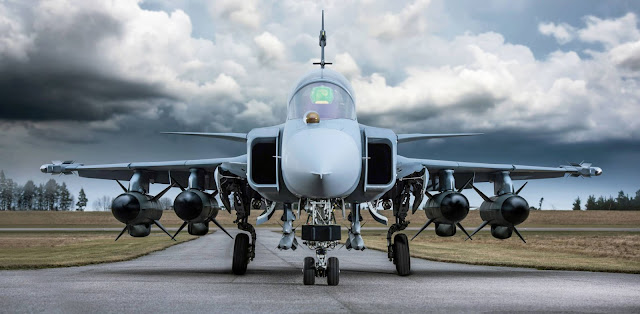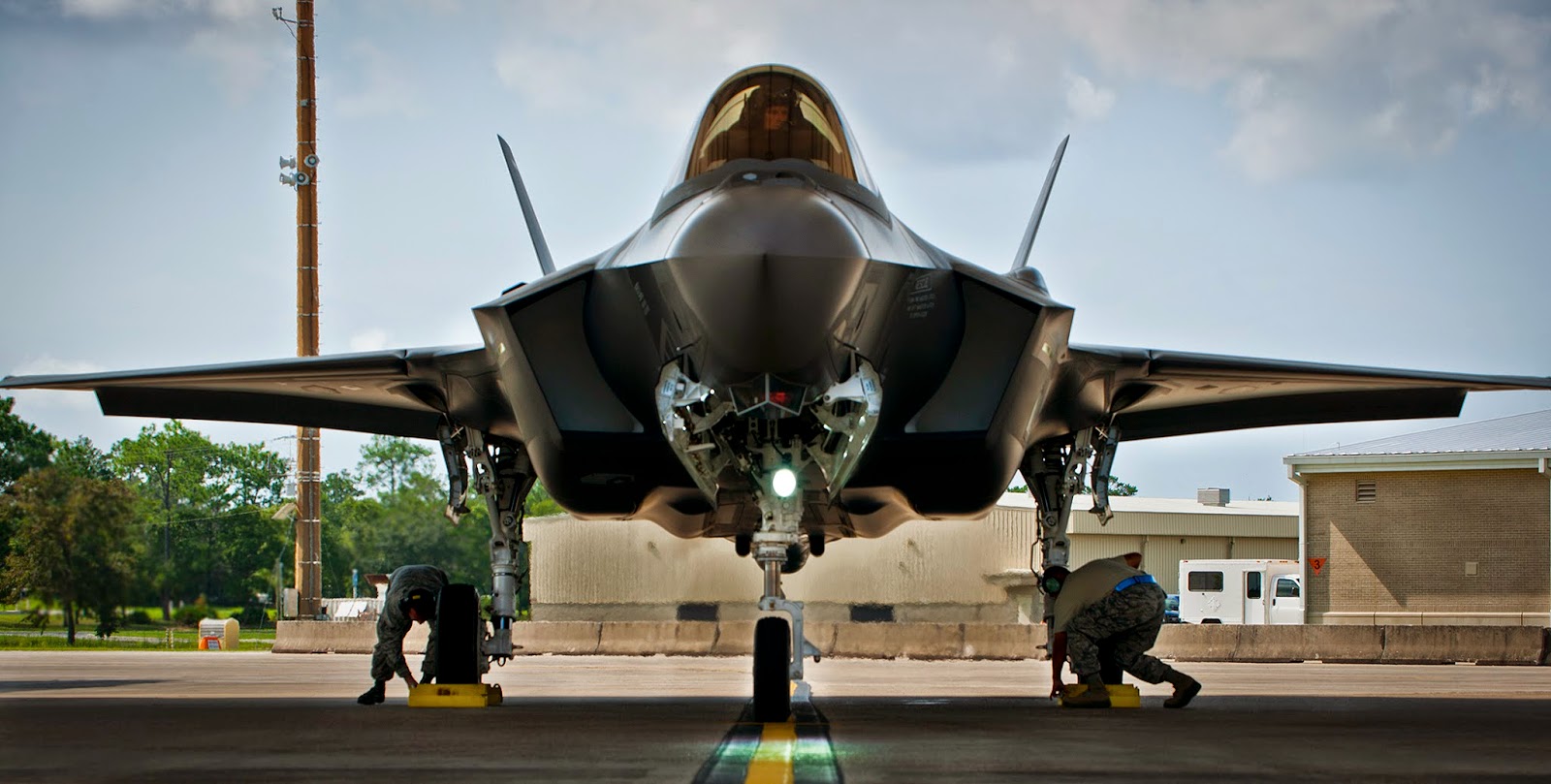F-35's engine troubles
It would seem fair to say that the most important component on an airplane is the engine.
UAVs can fly without a cockpit. Lifting bodies can fly without wings. Without a method of propulsion, an aircraft is considered a glider. An underpowered aircraft finds itself few fans. Unreliable engines end up making the wrong kind of headlines.
So, yeah... Engines are a big deal. Especially when it comes to $100 million jet fighters.
When one reads news about the JSF, the fighter that will represent the vast majority of allied airpower for the next 30 to 40 years, headlines describing the F-35 engine as both "unreliable" and "costly" are bound to give one pause.
A recent Pentagon Inspector General report slammed the JSF's Pratt & Whitney F135. The report accounted of 61 instances where the engine did not meet the Pentagon's regulatory standards during inspection. These issues were widespread, including project management, software, supply lines, and mechanical issues.
"Based on those nonconformities, we identified systemic findings in the following areas," the Inspector General report notes. "[P]rogram management oversight, critical safety item compliance, continuous improvement, risk management, supplier management, and software quality management."These engine troubles have severely slowed progress of the F-35 program. The most glaring example of which resulted when the entire fleet was grounded following an engine fire last year. Grounded aircraft cannot make test flights, and those test flights need to be done before the aircraft can be considered operational.
Not only is the P&W F135 unreliable, but it is expensive as well.
The key business case of the JSF was that it would deliver a cutting edge aircraft at an affordable aircraft thanks to economies of scale. The same economies of scale that have made the F-16 such a success. In theory, costs would drop sharply as production ramped up.
Both Lockheed Martin and the JSF program office have gone to great pains reassuring the public that costs have begun to drop. Unfortunately, those cost reductions do not include the F-35's engine.
In 2010, a small batch (16) of F135s were built, each costing $31.8 million. Two years later that same engine cost $31.3 million, despite production being more than doubled at 37. Last year, the engine still cost $29.9 million. For some reason, the cost seems to be stuck at the near-$30 million mark with unit costs rising or falling year-to-year despite higher production.
(I have purposely ignored the outliers: $21.9M for LRIP 1 and $35.5M for LRIP 3.)
 |
| From Defense-Aerospace.com |
Some may blame the F-35's current engine troubles on the cancellation of an alternative engine, the GE F136. With a monopoly on building JSF engines, Pratt & Whitney have no reason to worry about losing one of the largest (and most profitable) military contracts in modern history.
Oddly enough, the exact same problem arose in the early 80s, when Pratt & Whitney was the sole supplier of the F100 turbofan used in both the F-15 Eagle and F-16 Fighting Falcon. The engine was described as difficult to maintain and subject to turbine and stalling troubles. When the USAF allowed competition, the resulting "Great Engine War" led to greatly improved engines at a reduced cost.
Perhaps history will repeat itself if the F-35 gets its planned adaptive cycle engine, but one wonders why the same lesson would need to be taught again.







Comments
Post a Comment